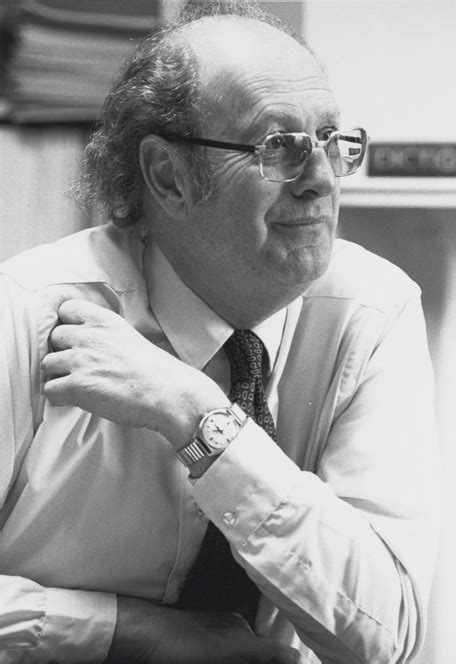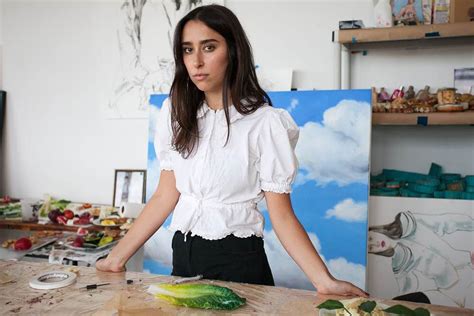A Quote by Jerry Saltz
Rumors sound of galleries asking artists for up-sized art and more of it... Everything winds up set to maximum in order to feed the beast. Bigness is not all bad. There's something pleasing about large, well-lit spaces. But the bigness has also led to a narrowing of sensibilities, by making it very hard for any but the glitziest works to get traction.
Related Quotes
A lot of artists give up because it's just too damn hard to go on making art in a culture that by and large does not support its artists. But the people who don't give up are the people who find a way to believe in abundance rather than scarcity.
They've taken into their hearts the idea that there is enough for all of us, that success will manifest itself in different ways for different sorts of artists, that keeping the faith is more important than cashing the check, that being genuinely happy for someone else who got something you hope to get makes you genuinely happier too.
So many businesses get worried about looking like they might make a mistake, they become afraid to take any risk. Companies are set up so that people judge each other on failure. I am not going to get fired if we have a bad year. Or a bad five years. I don’t have to worry about making things look good if they’re not. I can actually set up the company to create value.
Two main groups like to drop the readymade bomb—galleries and art historians. Galleries love to drop the Duchamp brand because dealers can try to convince clients of an artist’s worth just by mentioning the mouthwatering response readymade. Most Art Historians aren’t interested in what artists are making in Bushwick studios, most of whom rarely wake up with Duchamp on the brain.
Artists talk about art in sort of straightforward terms, more like the way you talk about plumbing fixtures. Does it function well? Does it bring the hot water up from the cellar efficiently, or does it lose too much thermodynamic energy in the process? Artists are also very ruthless with each other and can be very brutal in evaluating each other's work because their criteria is almost more mechanistic. Does it do what it's supposed to be doing in an efficient way? That doesn't mean that intention is not part of the conversation, but it's not the foreground.
My tiny baby blossoming art collection is comprised of works by artists I have either assisted or been mentored by, artists I am friends with, or artists I have traded with. As much as I want to and aspire to acquire works from established artists, I love acquiring works from my contemporaries in order to participate in this moment in time. The advice I would give is know what you like, take your time, and invest in things you feel connected to, as opposed to buying something because it seems cool or "of-the-moment."
This infantile sense of order tended to infect my life at large. Up at 5:30 a.m., coffee, oatmeal, perhaps sausage (homemade), and fresh eggs giving one of the yolks to Lola. Listening to NPR and grieving more recently over the absence of Bob Edwards who was the sound of morning as surely as birds. Reading a paragraph or two of Emerson or Loren Eiseley to raise the level of my thinking. Going out to feed the cattle if it was during our six months of bad weather.
The filmmakers aren't running the studios anymore. Sometimes people who like films are making them, but by and large, they have to go report quarterly earnings and all that stuff. The competition is so huge that it's very hard to get people to show up to see any movie in the theater, much less an original one that isn't a version of something else they saw.

































